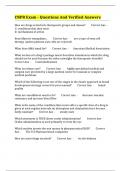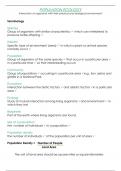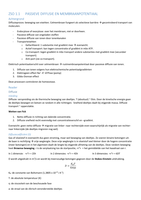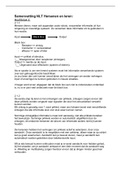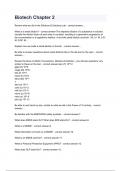Resume
Innovation Systems and Processes Summary
- Cours
- Établissement
Summary of the course 'Innovation Systems and Processes' with the topics: Introduction, Neo-Schumpeterian Economics, Innovation systems, Political economy and innovation, SCOT & ANT, User innovation, Transition studies, Futures in and of Innovation studies.
[Montrer plus]





